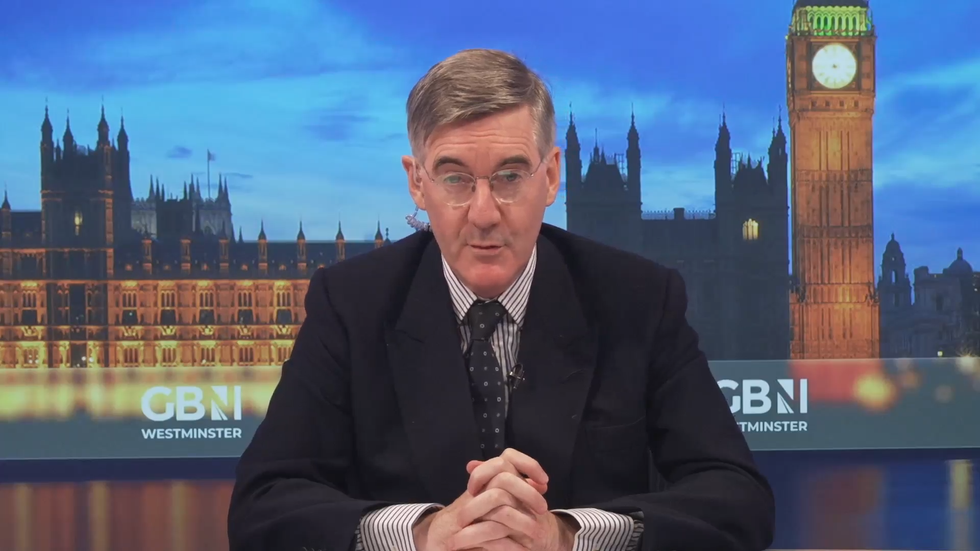The Sentencing Council has never been more than advisory, not setting rules by unelected bureaucrats, says Jacob Rees-Mogg

'This move is the right one. It is for judges to set the sentence in any individual case, that is the independence of the judiciary, but for Parliament to set the parameters'
Don't Miss
Most Read
Trending on GB News
It’s been announced that new rules will allow the Lord Chancellor to stop the Sentencing Council from issuing new guidelines without her explicit approval.
Both the Justice Secretary and the Lord Chief Justice must approve future guidelines before they can be enforced by judges.
Calls to limit the power of the Sentencing Council arose earlier this year when the Lord Chancellor Shabana Mahmood blocked the Council’s guidance that would have required judges to consider the backgrounds of offenders from minority groups, women, and young adults when issuing sentences. But, not automatically those of white men.
Shabana Mahmood rightly said: "Policy must be set by parliamentarians, who answer to the people."

Jacob Rees-Mogg defends Shabana Mahmood’s decision to block discriminatory sentencing rules
|GB NEWS
This move is the right one. It is for judges to set the sentence in any individual case, that is the independence of the judiciary, but for Parliament to set the parameters.
The concept of an independent judiciary depends neither on the separation of powers, which is an American rather than British constitutional principle, nor upon the judges acting in a vacuum.
It merely requires that in any individual case, the law takes its course, and that there is no penalty for a judge who rules in a way that is unfavourable to the Crown.
Until the glorious Revolution, judges were appointed at his Majesty’s pleasure, which became during good behaviour as a consequence of the abdication of James II, who had been willing to fire Judges who had displeased him.
From then on, judges could no longer be arbitrarily removed, it requires a vote in both Houses of Parliament on an address to the sovereign to remove a judge, and therefore would only be done for serious malpractice, and this ensured and continues to ensure that the King and his Ministers are subject to law.
However, the judges had and have no power to create law themselves, nor to decide whether to apply the law. That is for Parliament, and sentencing is part of the application of the law.
Thus the Sentencing Council has never been more than advisory, because otherwise it is using an extra parliamentary mechanism to fetter the discretion that Parliament has given to judges, not to a bureaucracy.
If it were to be authoritative, then it would be trespassing on the role of politicians.
More From GB News











